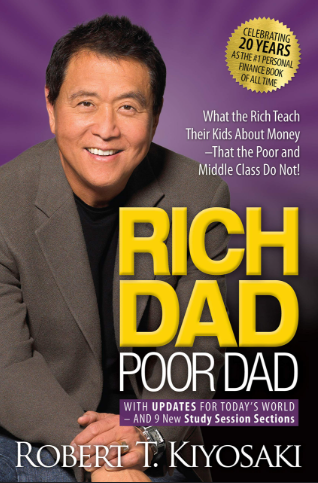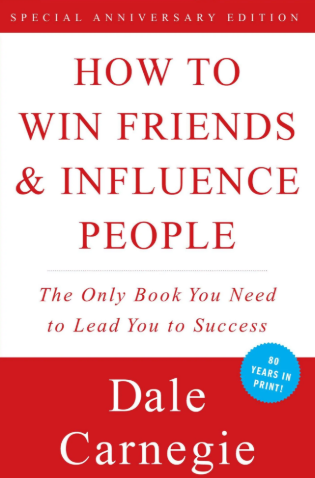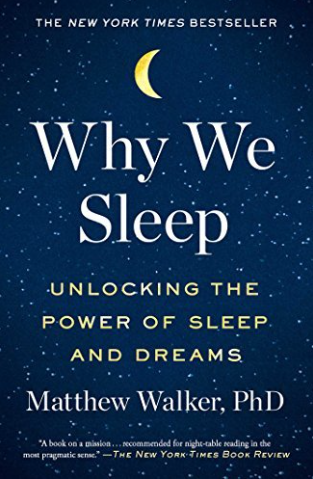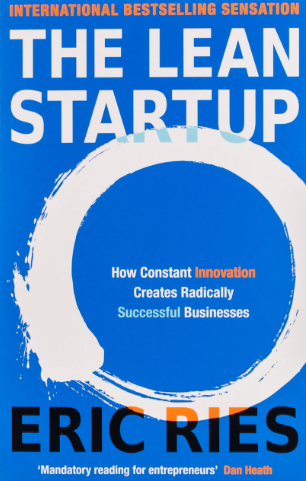
Robert Kiyosaki’s Rich Dad Poor Dad is not just about money — it’s about the mindset behind building wealth. The book contrasts two father figures:
- Poor Dad (his biological father): educated, hardworking, but stuck in the “job security” mindset.
- Rich Dad (his friend’s father): an entrepreneur who taught him how money really works.
The lessons aren’t about quick riches but about thinking differently, taking risks, and escaping the paycheck-to-paycheck trap.
The Core Idea
It’s not how much money you make — it’s how much money you keep, grow, and put to work for you.
📘 Book Idea: The rich focus on assets that generate income; the poor and middle class focus on liabilities that drain it.
💡 Real Life: Buying the latest car on loan is a liability. Investing that same money into a rental property or dividend stock can build wealth.
Key Lessons from Rich Dad Poor Dad (With Real-Life Applications)
1. The Rich Don’t Work for Money — Money Works for Them
Employees trade time for money. The wealthy build systems, investments, and businesses that earn for them, even while they sleep.
💡 Real Life: Start a side hustle, buy income-producing assets, or create digital products instead of relying only on a salary.
2. Financial Education Is Everything
Schools teach math and history, but rarely money. Understanding how cash flow, investing, and taxes work is what separates the wealthy.
💡 Real Life: Learn about budgeting, investing, and taxes from books, podcasts, or courses. Treat financial literacy as essential as reading.
3. Assets vs. Liabilities
The golden rule: Buy assets (things that put money in your pocket). Avoid liabilities (things that take money out).
💡 Real Life: A house you live in is often a liability (it costs money every month). A house you rent out can be an asset (it generates income).
4. Mindset Over Money
Fear and doubt hold most people back. Rich Dad taught Kiyosaki to see opportunities where others see risk.
💡 Real Life: Instead of saying “I can’t afford this,” ask “How can I afford this?” That mindset shift sparks creativity.
5. Work to Learn, Not to Earn
Jobs are training grounds, not lifelong prisons. Learn skills like sales, leadership, investing, and entrepreneurship.
💡 Real Life: If you take a job in marketing, don’t just clock in — learn how campaigns are built, so you can apply it to your own future business.
Other Key Insights
- Taxes favor the wealthy who know how to use corporations and investments.
- Financial independence is about freedom of time, not just piles of cash.
- Taking calculated risks is necessary; security often leads to stagnation.
Final Thought
Rich Dad Poor Dad flips the traditional script: don’t just aim for job security — aim for financial freedom. Wealth isn’t about luck or inheritance; it’s about mindset, financial literacy, and the discipline to invest in assets.
🔥 Your Turn: What’s one liability you could cut back on this month — and one asset you could start building instead?







